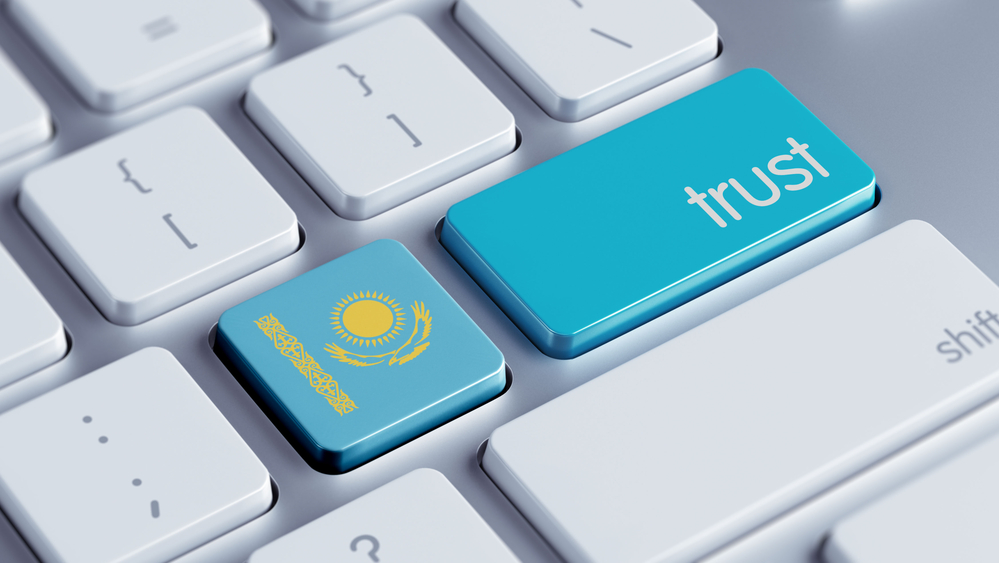

A health professional can diagnose these in consultation with individuals. These can include depression, posttraumatic stress, adjustment disorders, and personality disorders. They are also found in mental health conditions and more serious illnesses. You may find yourself feeling like an outcast or labeled as a loner.Ĭertain personality types may have trust issues. You may have trust issues with letting yourself go with emotional or physical intimacy or commitment with others. Yet, you find most of your friendships or relationships are superficial.
 You Keep People at a Distance: You may long for deep and meaningful relationships in your life. You feel taken advantage of, but only because it has happened before. Even when there are no signs that it will happen, lack of trust and trust issues may include being extra suspicious of other people’s motives and behavior. You Expect the Worst: You are always on-guard and anticipating that others will betray you. You ask others if what they said is true or do a little digging and research to confirm what they are saying. Even if there is no logical reason to doubt what a person has said, you check it out. Always wanting to fact check what someone says is a warning sign that you have trust issues. When you know someone has lied to you, your trust in them is blown. You Won’t Believe What Other People Tell You: Honesty is an important part of any relationship. It becomes like a self-fulfilling prophecy.ĭo you think you may have trust issues? Here are three signs that your levels of trust have suffered: They project what has happened in their past onto what may happen in the future. People may avoid possible disappointment, especially when they start to expect that they cannot ever trust other people. Trust issues are defense mechanisms but not necessarily healthy ones. With any betrayal of trust, associated trust issues can come to the forefront. We make calls about whether to trust other people every day. Traumatic events also affect our ability to trust. The choices and decisions you make as you grow into an adult also impact your ability to trust. Being raised in a mistrustful environment can result in a lack of trust later in life. The environment you’re raised in plays a big part in how you trust other people.
You Keep People at a Distance: You may long for deep and meaningful relationships in your life. You feel taken advantage of, but only because it has happened before. Even when there are no signs that it will happen, lack of trust and trust issues may include being extra suspicious of other people’s motives and behavior. You Expect the Worst: You are always on-guard and anticipating that others will betray you. You ask others if what they said is true or do a little digging and research to confirm what they are saying. Even if there is no logical reason to doubt what a person has said, you check it out. Always wanting to fact check what someone says is a warning sign that you have trust issues. When you know someone has lied to you, your trust in them is blown. You Won’t Believe What Other People Tell You: Honesty is an important part of any relationship. It becomes like a self-fulfilling prophecy.ĭo you think you may have trust issues? Here are three signs that your levels of trust have suffered: They project what has happened in their past onto what may happen in the future. People may avoid possible disappointment, especially when they start to expect that they cannot ever trust other people. Trust issues are defense mechanisms but not necessarily healthy ones. With any betrayal of trust, associated trust issues can come to the forefront. We make calls about whether to trust other people every day. Traumatic events also affect our ability to trust. The choices and decisions you make as you grow into an adult also impact your ability to trust. Being raised in a mistrustful environment can result in a lack of trust later in life. The environment you’re raised in plays a big part in how you trust other people. 
How you trust other people depends a lot on your experiences throughout life from the time you’re in the womb. As a human being, it’s no wonder people have trust issues from time to time. All interactions with other people involve a level of trust, especially with your friends, family, and colleagues. Trust is necessary for all kinds of human relationships. Social systems in any civil society revolve around trust. A social trust also applies to everyone as part of larger groups. Trust comes into play in relationships between individuals. Trust is about believing that other people will behave as you expect and that they will act appropriately. You feel hurt, betrayed, and scared to trust again. You may have taken the risk of trusting another person, but it has gone badly. Issues arise when the trust you have placed in others gets destroyed. What is trust? Trust is that feeling you can rely on other people, to be honest, fair, and respectful. The Importance of Trust in Relationships.







 0 kommentar(er)
0 kommentar(er)
